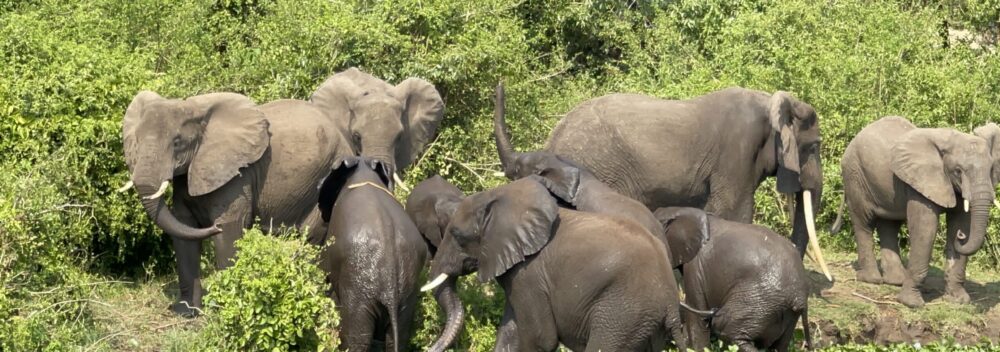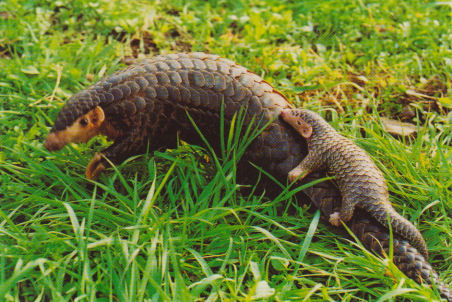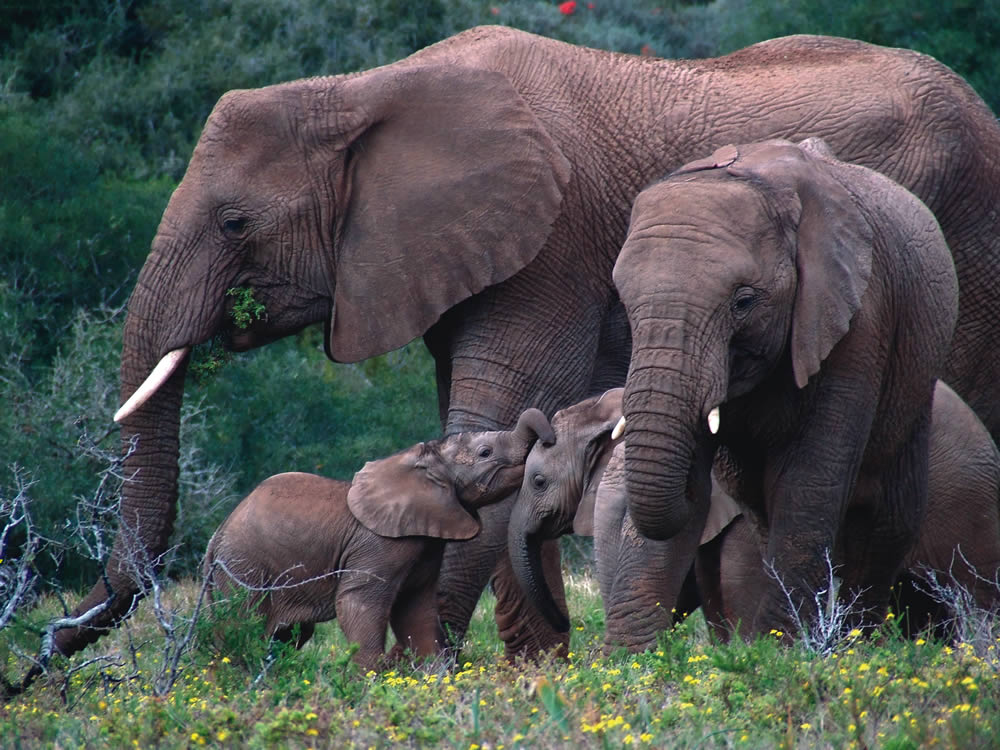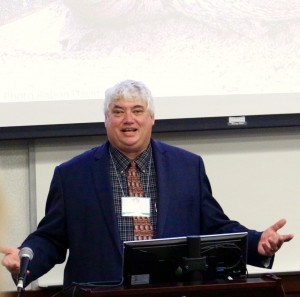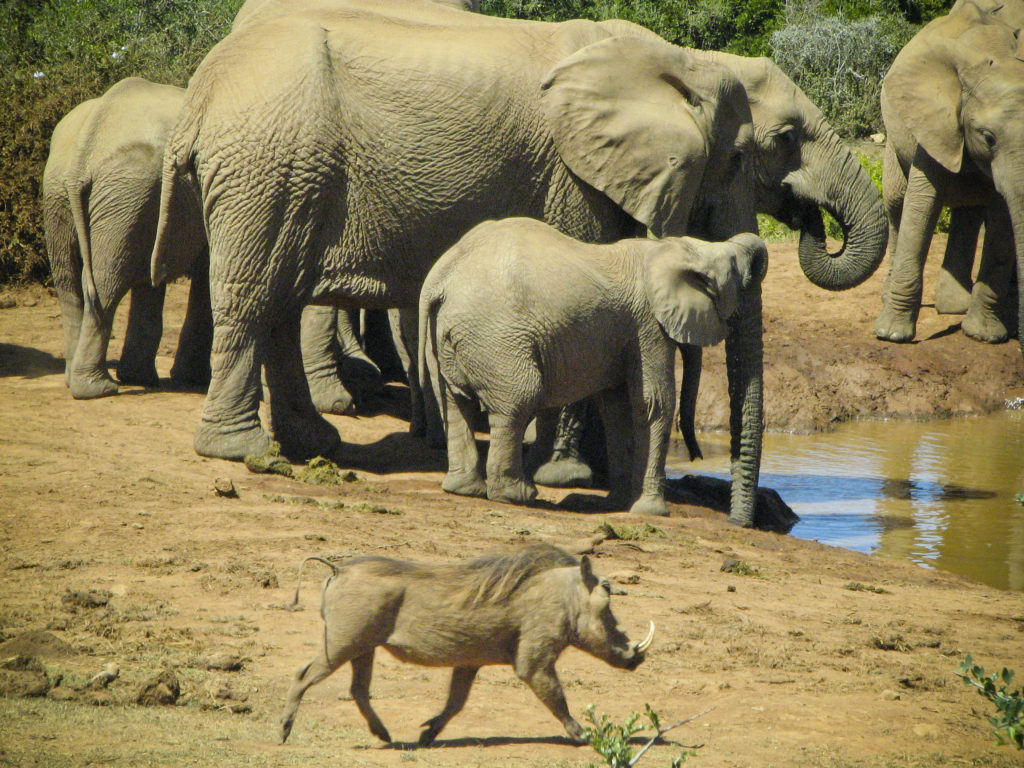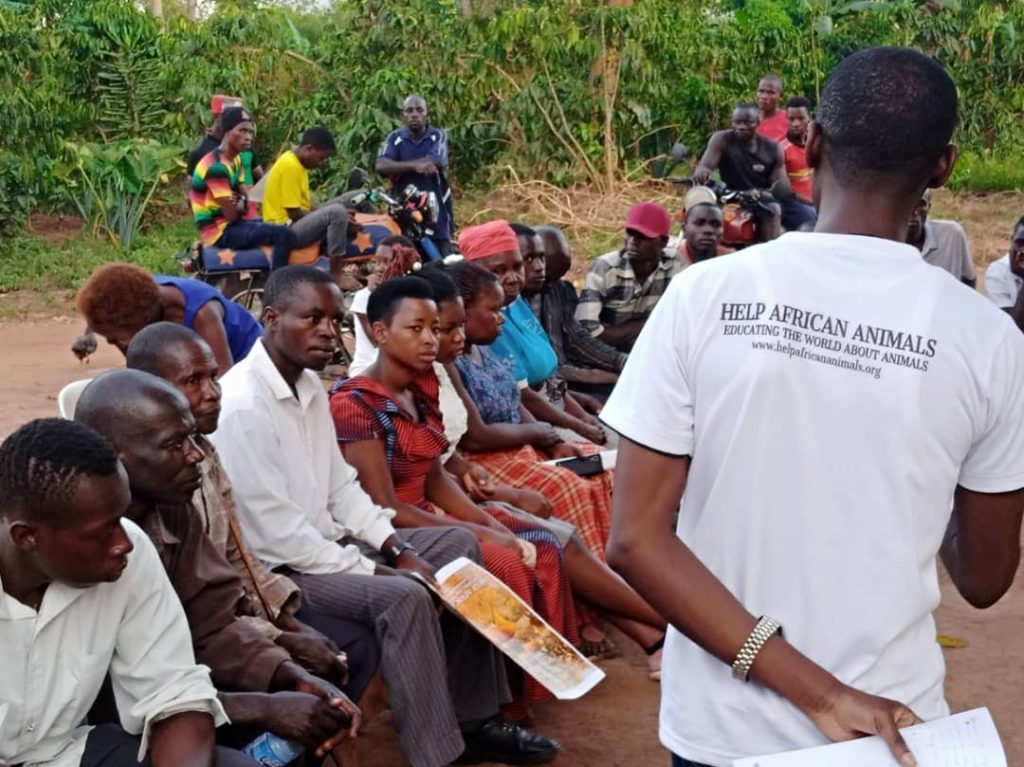Most African countries have since the COVID-19 outbreak, gone into a complete lockdown which has included the closure of national parks, game reserves, community wildlife management areas, and wildlife sanctuaries to tourism. In many African countries, tourism revenues have gone to zero. For Uganda, on June 1st, 2020, H.E Yoweri Kaguta Museveni, the president of the Republic of Uganda, in his address to the nation, revealed that the country will lose over $1.6 billion due to loss of tourism. This is not good news for wildlife living in Africa!
Many conservation agencies in Africa rely directly on revenue from tourism. The money generated from tourism provides a financial incentive for governments and local communities to protect wildlife. The continued lockdown as a result of COVID-19 has sent many people in Africa back to rural areas which has led to increased pressure on wildlife. There is as a result increased poaching, encroachment, and illegal wildlife trade. In May 2020, Mr. Sam Mwandha, the Executive Director of Uganda Wildlife Authority, in a virtual U.S Congressional Staff Briefing on the COVID-19 impact in Africa, organized by ICCF, revealed that in Uganda, the crimes had increased by about 20% in the previous two months.
Wildlife needs our protection now more than ever!
